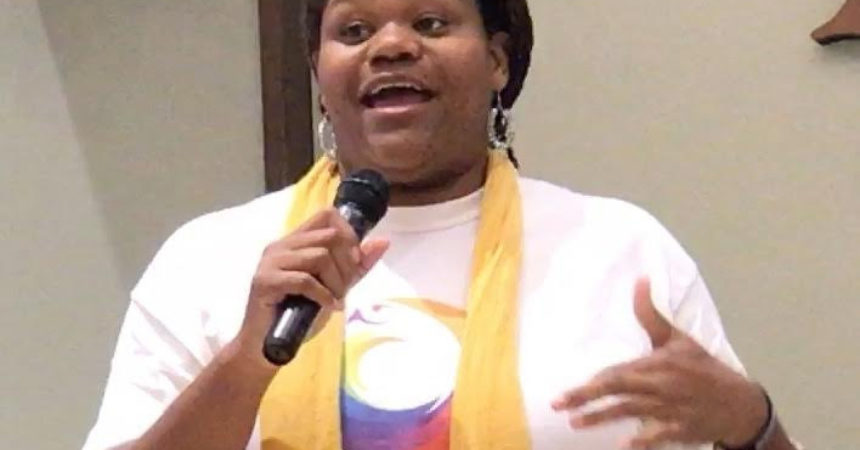
Investments, entrepreneurship key to sustainable Southside

FAMU professor LaTanya White says entrepreneurs could help Southside economy grow. Photos special to Outlook
By St. Clair Murraine
Outlook staff writer
Making the south side of Tallahassee economically sustainable will require intervention from the government and individuals who are willing to invest in the community, said a veteran minority business administrator.
Ben Harris, a former administrator for the small and minority business agency for the city, also said that incentives will be essential to lure sustainable businesses.
Harris made his assessment at a recent meeting to kick off the revival of the Capital City Chamber of Commerce, an organization that emphasizes the promotion of Black-owned businesses.
Harris’ comments came at a time when the Southside will lose its two biggest corporate-owned businesses. Winn Dixie, located on the corner of Jim Lee Road and north Meridian Street, will close this month. Walgreens, located less than a mile at the corner of Monroe and Magnolia streets, also recently announced that it also will close later this month after 22 years.
The departure of Walgreens leaves CVS as the only pharmacy in the area. However, Big Bend Cares is currently constructing a health facility, which includes a pharmacy.
“Right now we are like renters,” Harris said, referring to the stores’ sudden departure from the Southside. “We are renters like consumers going into a store buying stuff and taking it out.”
The trickledown effect from the store closings could also lead to an increase of social issues such as crime, but it doesn’t have to come to that if quick action is taken to encourage investors, Harris said. One solution could be minority developers taking projects to the Community Redevelopment Agency, a government funding source that has development of the Southside on its radar.
In the absence of such a plan, concern is growing among Southside residents about the impact on their community without Winn Dixie and Walgreens. Winn Dixie and Walgreens were the only major franchise businesses on the south side.
“It sucks the life out of it,” said Dianne Williams-Cox, an advocate for development on the south side. “I’m gravely concerned about that.”
However, Harris said that developers could be encouraged preventing any further degrading of business in the Southside. He suggested that they would set up in the area if they get incentives such as reduction of taxes for hiring employees who live in the area. That would make investors willing to stay for the long haul, he said.
The effects of such a move could be far-reaching, Harris said.
“If they did that, probably people are going to start buying houses,” he said. “There is so much you could do with that. They could build houses to make it affordable.”
Bringing more businesses to the Southside, one of the city’s poorest areas with a high crime rate, could also fix some of the social problems in the area.
“If you live in a poor neighborhood; you go to poor schools,” Harris said. “You go to poor schools; you get a poor education; you get a poor education (and) you’re going to get a poor-paying job. You’ve got a poor paying job; you’re going to be destined to live in a poor neighborhood. That’s the cycle of poverty.”
But it doesn’t have to get that far, said LaTanya White, a FAMU professor who teaches entrepreneurship in the school of business and industry. White suggested that establishing start-up businesses by entrepreneurs could have immediate impact.
“From the standpoint of lean operation and lean start up, it’s easier to teach someone how to start a business based on what they already know how to do,” White said. “Legitimize that (rather) than wait on the next corporation to put their eye on the south side.
“One of the bases of small business success is making sure you have your own community that you build in your customer base. But we take that for granted. We need to take more initiative to creative incentives to build minority-owned businesses and create personal relationships.”








